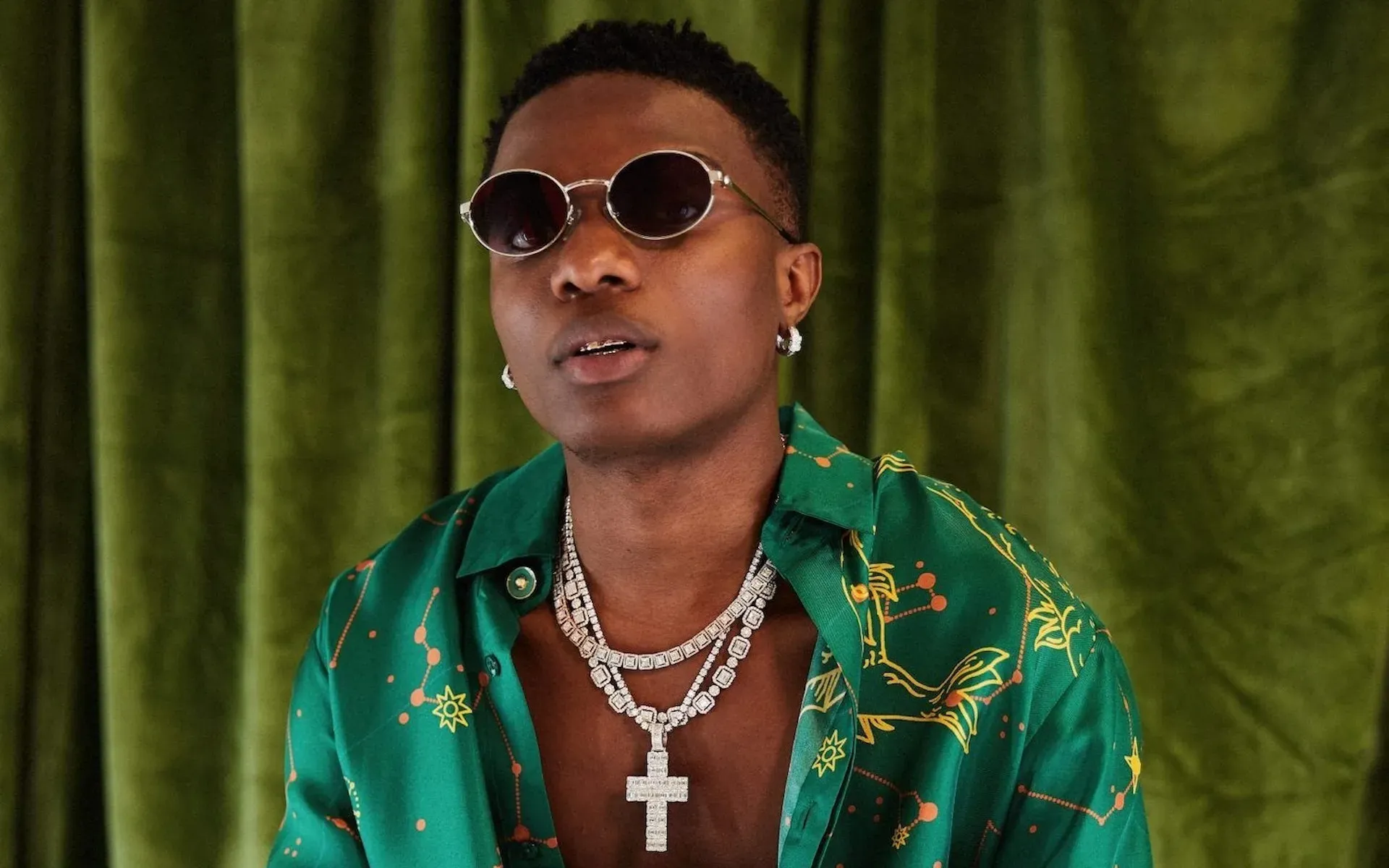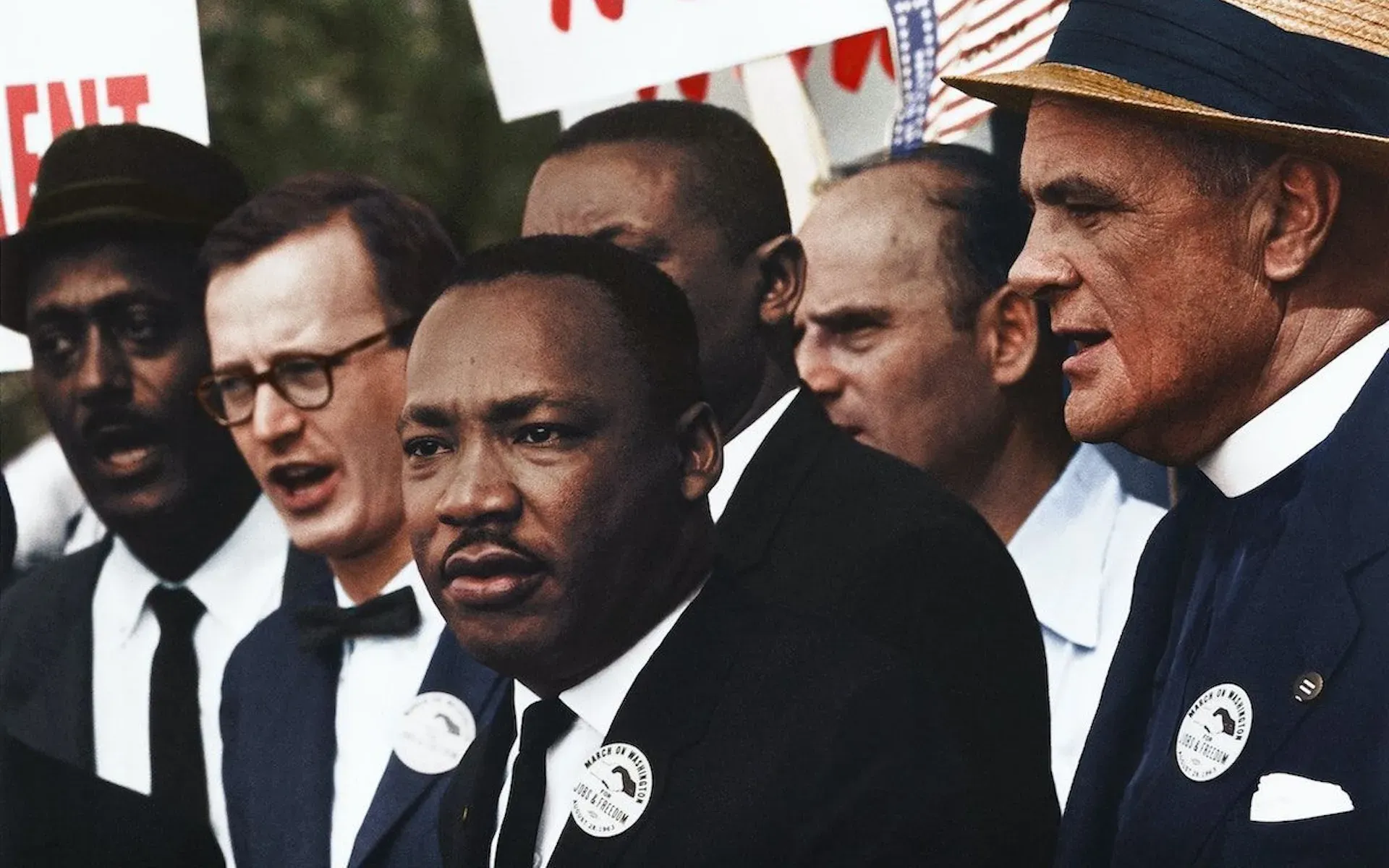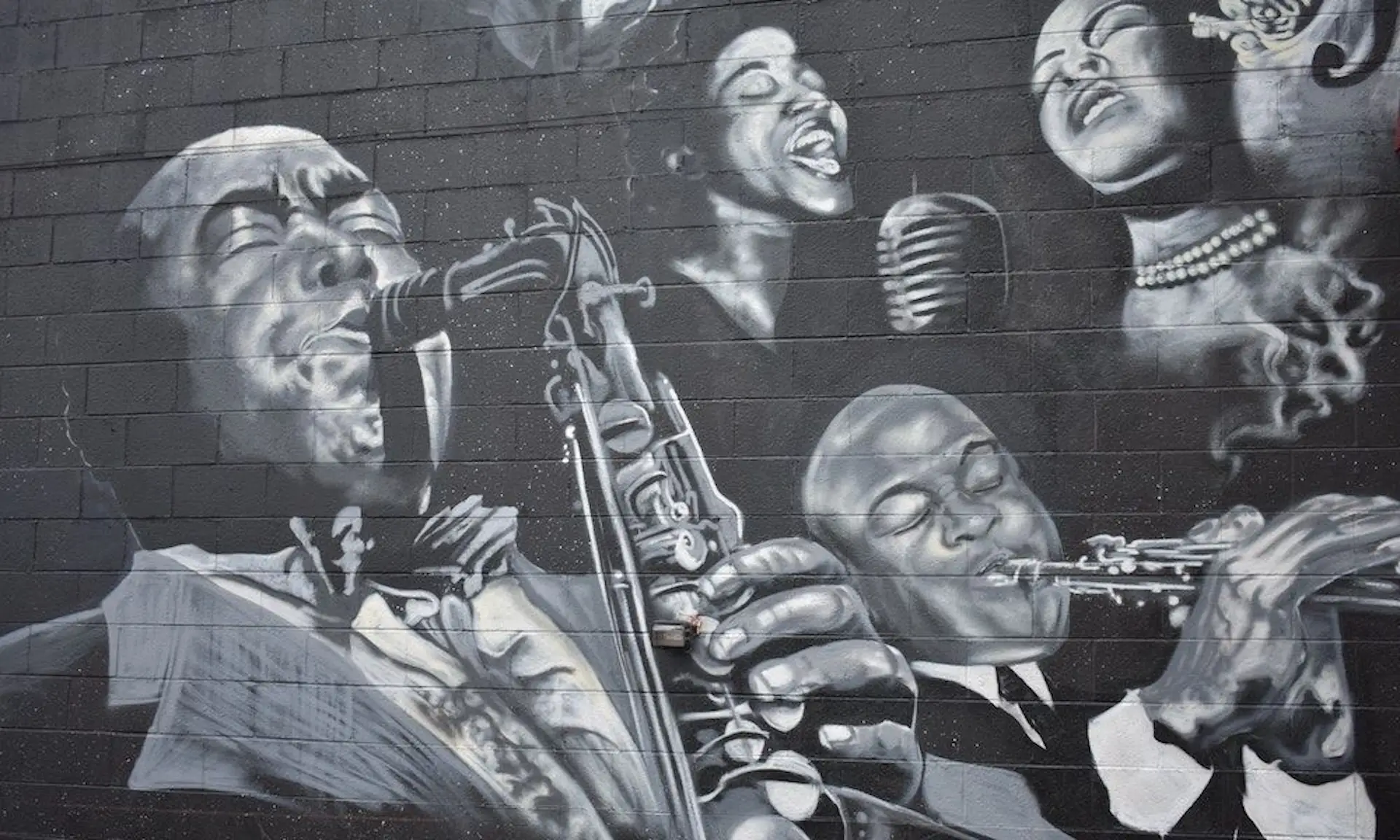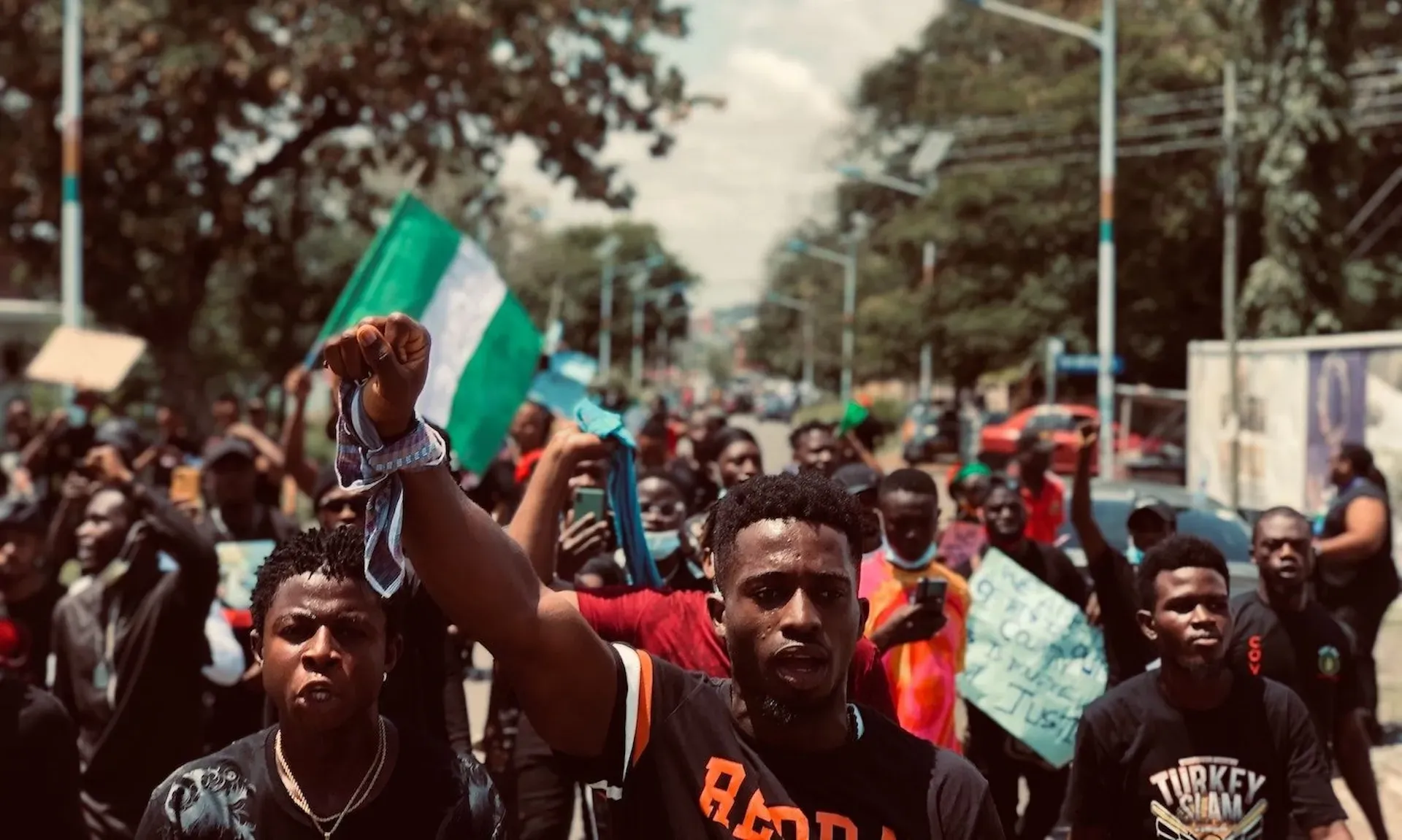Afrobeat and the influence of America
Our third and final genre deep dive in celebration of Black History Month is dedicated to afrobeat. Take it away, Kiara Lanier – actress, afrobeat singer, and CEO of Hits For Life Production Company.

Our third and final genre deep dive in celebration of Black History Month is dedicated to Afrobeat. Take it away, Kiara Lanier – actress, Afrobeat singer, and CEO of Hits For Life Production Company.
When you think of Afrobeat, some of the world’s biggest artists across the international pop scene — like Wizkid, Burnaboy, or Tekno — come to mind. But before its rise to international popularity, Afrobeat started as a preliminary political movement of music for the people.
Tracing the origins of Afrobeat
The Afrobeat sound was originally influenced by rhythms in Ghana in the early 20s. However, it wasn’t until the 60s that Afrobeat, as we now know it, was popularized by the iconic Nigerian artist and activist, Fela Kuti. The iconic Afrobeat rhythm, unique time signature, and percussive cadence was created by Fela's drummer, Tony Allen. Afrobeat began bold and full-bodied, with blaring brass, crooning bass and guitar, accompanied by a chorus of singers and brightly-dressed dancers.

At the same time, a movement of free and experimental jazz had sparked across the United States. Taking place primarily in Los Angeles, Brooklyn, and Chicago, elements of this American jazz (and later funk and soul) influenced the Afrobeat sound. The free jazz movement was romantic, ethereal, and unapologetic about sharing the struggles that black people faced at the time — being heavily inspired by prominent voices of black unity, including Malcolm X, Martin Luther King, and the Black Panther Party.
Powering black voices
Issues in Nigeria mirrored the injustices happening to black people in America – racism, militarian government, classism, and police brutality. Fela Kuti’s music spoke of these matters in parables that challenged audiences to unify and sing of a new world. Kuti housed this sound in his own studio and nightclub in Nigeria, called the Shrine, but the energy and influence of his songs quickly spilled out into the streets as call to action. His music became the score for civil rights and political movements in Africa and America.

Uniting through music
Today the modern Afrobeat sound is as diverse as Nigerian dialects. Many traditional artists still opt for a big live band sound, while more modern Afrobeat artists keep the iconic drum rhythms while incorporating electronic instruments. Some of my personal favorites include Tay Iwar, Maleek Berry, Adekunle Gold, Teni, Joeboy, and so many more. With the diversity and worldwide popularity of Afrobeat increasing each year, many artists are now calling for the establishment of Afrobeat categories in music award shows so that they no longer have to be miscategorized by blanket genres like world or reggae.

Although Afrobeat has retained its iconic rhythm and grows ever stronger in popularity, we are still fighting racial injustice in Nigeria, America, and around the world. By continuing to popularize Afrobeat music on mainstream radio in America and the UK, there’s a great opportunity for international artists to reignite the original Afrobeat call to action and unite us through music.
Kiara Lanier is a singer, songwriter, performance artist, and actress from Chicago. She's become known for her roles on American Idol, Empire, and The Chi. Her musical style is a sensual yet ethereal blend of R&B and Afrobeat. Kiara's answer to how music can inspire wellness is her production company, Hits For Life, which uses its service profits to offer holistic health resources and education to communities worldwide.
Keen on hearing some great Afrobeat tunes from the Epidemic Sound library? If so, the playlist below won't disappoint! Curated by the music experts in our black employee resource group BLK|Sound.

Related posts:

